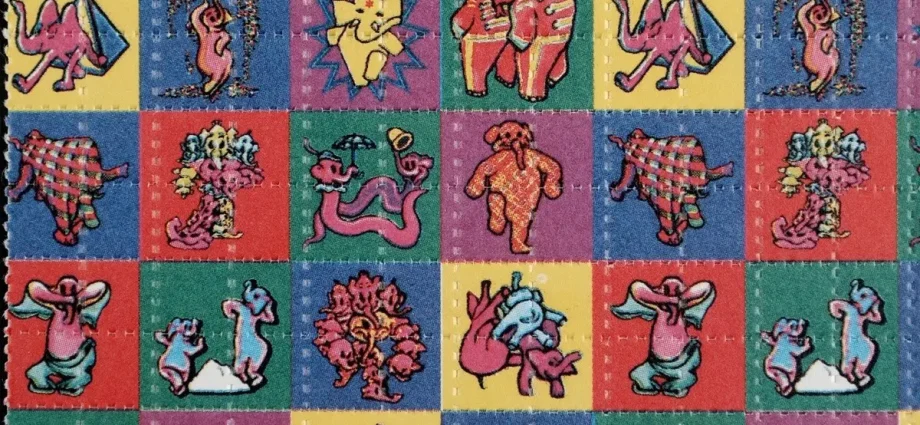The hallucinogenic drug LSD may help in the treatment of alcohol dependence, according to an analysis of studies conducted in the 60s and 70s. An article on this subject is published in the Journal of Psychopharmacology.
This was the conclusion of scientists from the Norwegian University of Science and Technology in Trondheim, who analyzed data collected in six independent studies conducted between 1966 and 70. They included a total of 536 alcohol-dependent patients.
All of them participated in alcohol addiction treatment programs, some of them receiving a single oral dose of LSD – between 210 and 800 micrograms (mcg). In contrast, patients in the control group received either a low dose of this compound, i.e. 25 or 50 mcg, or d-amphetamine or ephedrine sulfate, or received no pharmacological intervention.
It turned out that a single high dose of LSD was beneficial. In the group of patients who used the drug, 59 percent. they abused alcohol less frequently compared to the previous period, while in the control groups this percentage was 38%. The beneficial effect of the drug lasted for about six months, but after 12 months it weakened. Moreover, for up to 3 months, a greater percentage of total abstinence from alcohol was also observed in the group that received a high dose of LSD.
Negative reactions immediately after administration of the drug occurred in only eight cases – for example, two people behaved strangely, one person became agitated, and one person had severe convulsions (the so-called grand mal) during the agitation period. In addition, the authors of one study reported that a small group of patients experienced mild side effects such as nausea, vomiting and moderate agitation. None of these negative effects persisted for a long time, however. One dose of LSD has not been reported to adversely affect psyche or social behavior.
According to the authors of the latest analysis, LSD significantly reduced alcohol consumption by addicts over a period of several months.
In the article, the researchers emphasize that this compound works as well as drugs approved for the treatment of alcoholism, including, for example, naltrexone, acamprosate and disulfiram.
Given the evidence of the beneficial effects of LSD on people with alcohol dependence, it is puzzling why this therapeutic approach was largely overlooked, the researchers write.
They also recall that some researchers had previously suggested that more regular administration of LSD, such as weekly or monthly, could provide more lasting benefits in the treatment of alcoholism.
Synthesized in 1938, LSD (lysergic acid diethylamide) is one of the strongest known psychedelic drugs, ie those that cause changes in perception, awareness, way of thinking and feeling. Its mechanism of action is not entirely clear. It is known, however, that it causes a short-term stimulation in the brain of receptors for the neurotransmitter serotonin, which regulates, among others, our perception, behavior, mood. LSD causes not only hallucinations, but can also cause panic attacks and severe anxiety. In people who are particularly sensitive to its effects, it can initiate psychosis.
In earlier work, various scientists have explained that LSD may be of benefit in the treatment of alcoholism by helping patients better understand the problem, the patterns of behavior that lead to drinking, and create motivation to stay sober. The authors of one study included in the latest analysis not infrequently observed that after taking a large dose of LSD, patients became more accepting, became more open to therapy, and began to be more optimistic about their ability to deal with various problems in the future.
Treating alcohol dependence requires major changes in the way you view yourself. This is how LSD works – comments for the BBC Prof. David Nutt who worked as a drug adviser to the UK government. In the past, a researcher called for relaxing drug use laws to facilitate drug research.
Statistics show that alcohol abuse causes more health and social harm than any drug or drug. Epidemiologists estimate that reckless drinking is the cause of approx. 4 percent. worldwide deaths. Unfortunately, treating alcoholism is difficult, and many patients fail to win the fight against addiction with currently accepted treatments.










